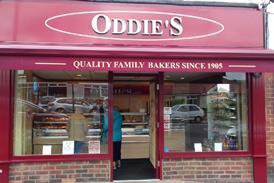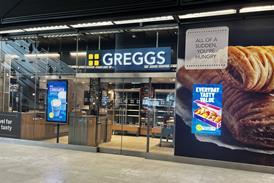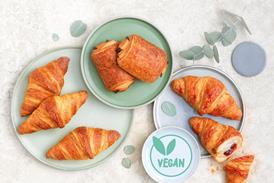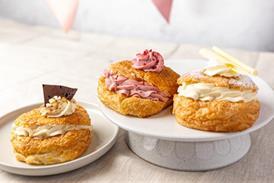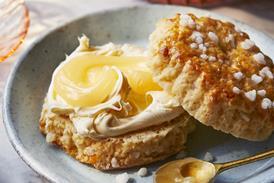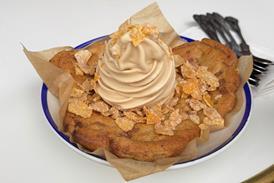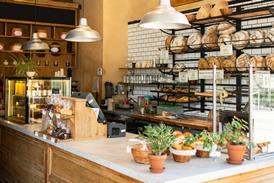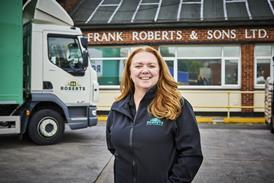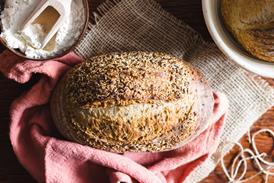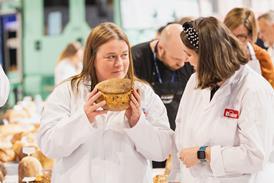Get fresh
17 December 2010
Long-life has long dominated the free-from bakery sector, but the arrival of Genius bread has changed all that. Linda Harrison reports
To continue reading, register for free
You are what you read, registration is quick, easy and free. Just click register now and you’ll be finished faster than it takes you to butter a crumpet!
Don’t miss out:
- Unlimited access to content
- Regular newsletters to your inbox
- Save articles to read later on
- A more personalised experience
Already registered? Please log-in here
© William Reed Ltd 2025. All rights reserved.
Registered Office: Broadfield Park, Crawley RH11 9RT. Registered in England No. 2883992. VAT No. 644 3073 52.
Website Terms | Privacy Notice | Cookie Statement | Cookie Preferences
Registered Office: Broadfield Park, Crawley RH11 9RT. Registered in England No. 2883992. VAT No. 644 3073 52.
Website Terms | Privacy Notice | Cookie Statement | Cookie Preferences
Site powered by Webvision Cloud

